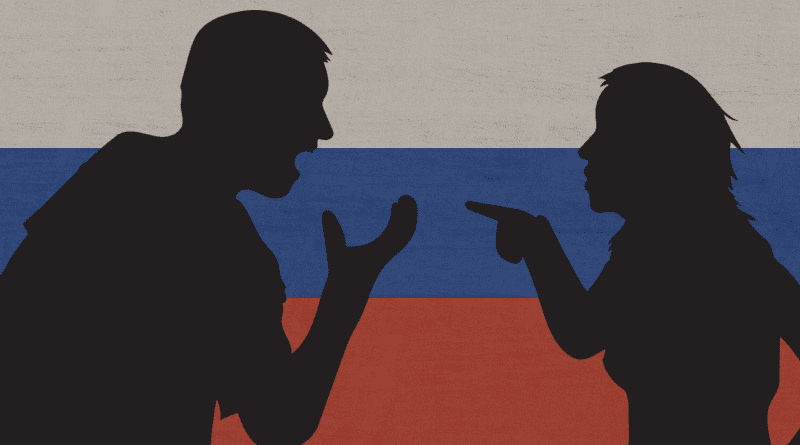Latent Disloyalty Among Russians Now So Great It Could Explode In Kremlin’s Face In A Crisis – OpEd
By Paul Goble
Over the last two years, the number of Russians who refuse to answer pollsters’ questions has soared, a trend that calls into question all claims the Kremlin makes about popular support for the Putin regime and one that means latent disloyalty in the population could explode in a crisis, Anatoly Nesmiyan who blogs under the screen name El Murid says.
Two years ago, only 30 percent of Russians answered all the questions pollsters put to them; now only six percent do, El Murid continues. “Under conditions of the most severe terror and the threat of imprisonment, the level of self-censorship has literally increased exponentially” (t.me/anatoly_nesmiyan/17788).
Russians are now “reluctant to answer dangerous questions to strangers even when they are promised anonymity;” and that in turn “calls into question the results of all surveys since those who refuse to do so do that not because of their loyalty but rather precisely because of the opposite,” he says.
And that means that “polls which reassure the powers that be because they show the overwhelming majority supports any adventures of the leadership should not deceive anyone.” Today, Russian “realities are in fact completely different” and in the event of a crisis could have profound consequences “if someone more serious than Prigozhin … completes what he started.”
In the absence of such a challenge, of course, the state can maintain itself through terror and this latent opposition doesn’t matter very much. But if such a challenger does appear, then all bets are off because the large latent opposition will suddenly come forward and support the insurgent against the existing powers that be.
That in turn explains both the fears of officials who want to keep themselves in power and the hopes of those who hope to turn them out and bring change to Russia.

